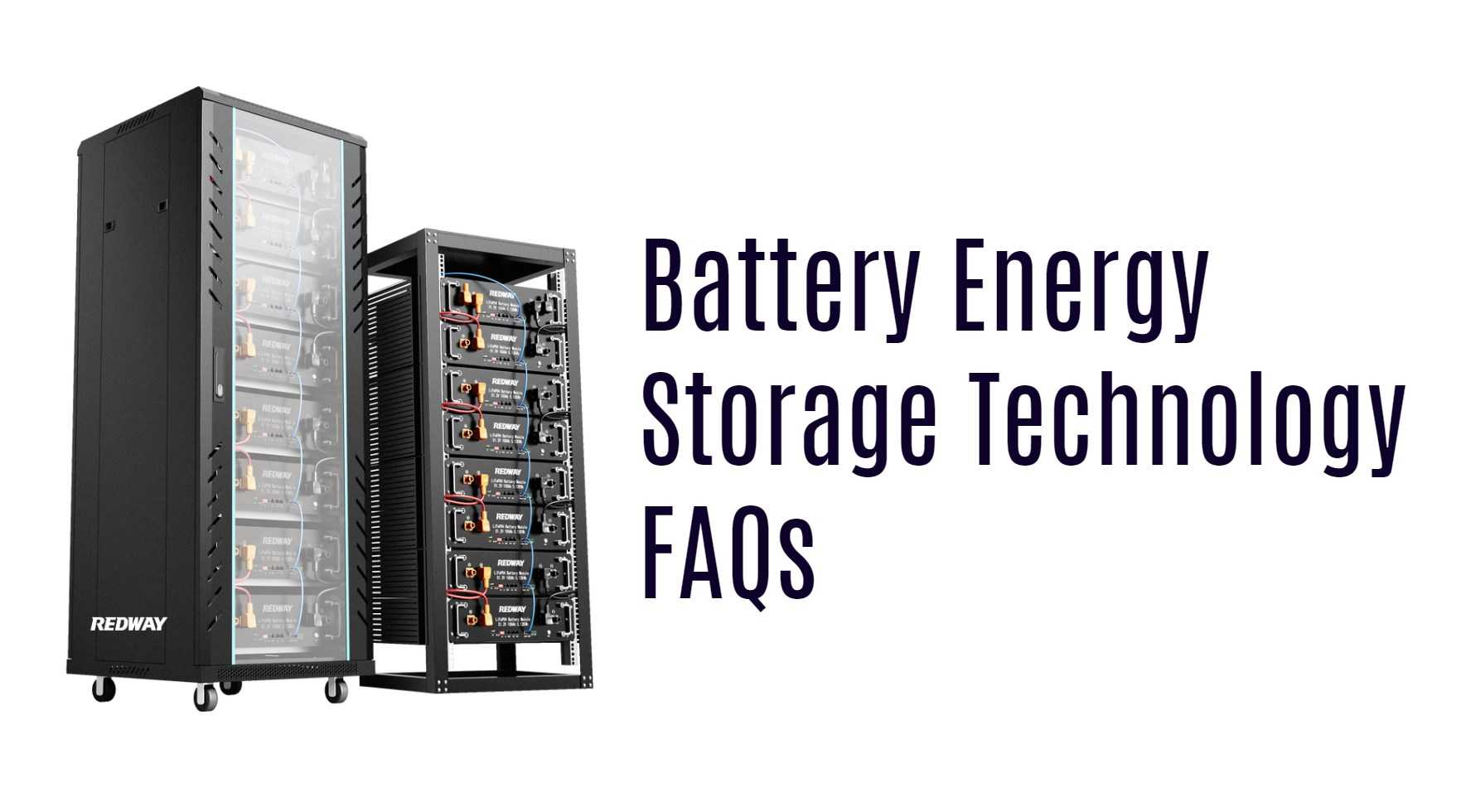Battery energy storage systems (BESS) are becoming increasingly important in managing energy supply and demand, particularly in the context of renewable energy integration. Here are some frequently asked questions about battery energy storage technology:
1. What is a Battery Energy Storage System (BESS)?
A Battery Energy Storage System (BESS) is a technology that stores electrical energy for later use. It can charge from the grid or renewable sources like solar panels and discharge energy when needed, helping to balance supply and demand.
2. How do battery storage systems work?
Battery storage systems operate by converting electricity into chemical energy during charging. When discharging, this chemical energy is converted back into electricity. The systems often include advanced software that optimizes charging and discharging based on demand, tariffs, and other factors.
Wholesale lithium golf cart batteries with 10-year life? Check here.
3. What types of batteries are commonly used in BESS?
The most commonly used batteries in BESS are lithium-ion batteries due to their high energy density, efficiency, and longevity. Other types include lead-acid batteries, sodium-sulfur batteries, and flow batteries, each with unique characteristics suitable for different applications.
4. What are the advantages of battery storage systems?
Battery storage systems offer numerous benefits:
Want OEM lithium forklift batteries at wholesale prices? Check here.
- Energy Independence: They allow users to store energy generated from renewable sources for later use.
- Cost Savings: By storing low-cost energy and using it during peak demand times, users can reduce electricity bills.
- Grid Stability: BESS enhances grid reliability by providing backup power during outages and stabilizing fluctuations in supply and demand.
5. What is the lifespan of battery energy storage systems?
Most BESS have a lifespan ranging from 5 to 15 years, depending on the technology used and the conditions of operation. Regular maintenance can help extend their operational life.
6. How does BESS support the grid?
BESS supports the grid by providing stored energy during peak demand periods or emergencies, thus enhancing reliability. They can also help integrate renewable energy by storing excess generation for use when production falls short.
7. Can battery storage work with all fuel sources?
Yes, battery storage systems are technology- and fuel-neutral. They can be charged using electricity from renewable sources like solar or wind, as well as from conventional sources such as natural gas or coal.
8. How does battery storage reduce energy costs?
By storing energy when prices are low and using it during peak pricing periods, battery storage systems help users avoid higher charges, leading to significant cost savings over time.
9. What safety measures are in place for BESS?
Battery management systems (BMS) monitor the health of batteries, ensuring safe operation by tracking parameters such as temperature, state of charge, and voltage levels. These systems can prevent overheating and mitigate risks associated with battery failures.
10. Where are these batteries typically located?
BESS can be found in various settings, including residential homes, commercial buildings, and utility-scale installations. They are often placed near points of high electricity demand or renewable generation sources to optimize efficiency.These FAQs provide a foundational understanding of battery energy storage technology and its role in modern energy management solutions. As technology continues to evolve, BESS will play an increasingly vital role in creating a sustainable energy future.






